Research Facilities
Mechanical engineering stands as one of the broadest and most versatile engineering disciplines, encompassing various fields such as robotics, automotive engineering, aerospace, materials science, and more. At the heart of advancing this field lies robust research infrastructure. Research facilities in mechanical engineering departments play a pivotal role in fostering innovation, enabling interdisciplinary collaboration, and pushing the boundaries of technological advancement.
Advanced Manufacturing Laboratory:
This laboratory focuses on additive manufacturing, CNC machining, and advanced material processing techniques. Equipped with 3D printers, CNC machines, and laser cutting tools, researchers here explore novel fabrication methods, material compositions, and manufacturing processes to enhance efficiency, reduce costs, and improve product quality.
CNC Vertical Machining Center
Milling, lathing, and drilling operations on a single machine tool allows one machine to perform a greater variety of machining needs. The main purpose of the CNC machine center is to reduce production time and facilitate research in advanced mechanisms in the CNC technology.
| Purpose |
Teaching and Research |
| Cost |
Rs. 14,00,000/- |
| Location and Hours |
Ground Floor Room No: 3011, Aryabhata Block, 09:30 AM - 06:00 PM |
3D Printer
The main advantages of 3D printing are realized in its Speed, Flexibility, and Cost benefits. For small production runs, prototyping, small business, and educational use, 3D printing is vastly superior to other industrial methods.
| Purpose |
Teaching and Research |
| Cost |
Rs. 2,25,000/- |
| Location and Hours |
Ground Floor Room No: 3011, Aryabhata Block, 09:30 AM - 06:00 PM |
Robotics and Automation Laboratory
In this laboratory, researchers delve into the development of autonomous systems, robotic manipulators, and machine learning algorithms. Equipped with robotic platforms, motion capture systems, and simulation software, researchers study human-robot interaction, navigation algorithms, and swarm robotics for applications in industry, healthcare, and space exploration.In this laboratory, researchers delve into the development of autonomous systems, robotic manipulators, and machine learning algorithms. Equipped with robotic platforms, motion capture systems, and simulation software, researchers study human-robot interaction, navigation algorithms, and swarm robotics for applications in industry, healthcare, and space exploration.
6-Axis Robotic Arm
A 6-axis articulated robotic arm of industrial design, for training and research and is manufactured to industrial standards. The robot can lift to 2.5kg of payload. The robot can be used with pneumatic / electrical grippers
| Purpose |
Teaching and Research |
| Cost |
Rs. 6,00,000/- |
| Location and Hours |
Ground Floor Room No: 3011, Aryabhata Block, 09:30 AM - 06:00 PM |
Thermal Fluid Sciences Laboratory
This laboratory focuses on research related to heat transfer, fluid dynamics, and thermodynamics. With experimental setups, computational fluid dynamics (CFD) software, and thermal imaging equipment, researchers investigate phenomena such as convective heat transfer, turbulence, and multiphase flows. Applications range from optimizing energy systems to enhancing thermal management in electronic devices.
Materials Characterization Facility
Dedicated to the characterization of materials at the micro- and nano-scale, this facility houses advanced equipment such as Fatigue Testing Machine and Pin-on-disc. Researchers utilize these tools to analyze material properties, investigate failure mechanisms, and design new materials for applications in structural engineering, nanotechnology, and biomaterials.
Fatigue Test Machine
The Fatigue analysis determines the material capability to withstand alternate (cyclic) loading. Based on the design of the specimen or structure the need of the fatigue test is identified. In fatigue test due to continuous loading and unloading leads to formation of tensile, bending, torsional, compression or may be combination.
| Purpose |
Teaching and Research |
| Cost |
Rs. 7,00,000/- |
| Location and Hours |
Ground Floor Room No: 3003, Aryabhata Block, 09:30 AM - 06:00 PM |
Pin-On-Disc
A pin-on-disc is a device used to study the parameters between two surfaces such as coefficient of friction, frictional force and wear. It works through a system of masses, a hanging mass and a mass resting on a horizontal surface, both connected by a string and pulley. The pin-on-disc is used to study both static and dynamic friction of the contact surfaces.
| Purpose |
Teaching and Research |
| Cost |
Rs. 5,00,000/- |
| Location and Hours |
Ground Floor Room No: 3003, Aryabhata Block, 09:30 AM - 06:00 PM |
Collaborative Spaces
Beyond specialized laboratories, the Mechanical Engineering Department provides collaborative spaces where researchers from different disciplines converge to exchange ideas and work on interdisciplinary projects
Makerspace
The Innovation Hub serves as a dynamic workspace where researchers, industry partners, and entrepreneurs collaborate on innovative projects. Equipped with flexible workstations, brainstorming areas, and prototyping facilities, this space fosters creativity, facilitates knowledge exchange, and accelerates the translation of research into real-world solutions.
Major Software List
SOLIDWORKS
The facility created by having Solid Works 2020, provides the platform for designing 3D and 2D assembly along with part drawings of student-innovative projects.
| Available for |
60 User |
| Cost |
Rs. 4,00,000/- |
| Purpose |
Teaching and Research |
CATIA
Catia is computer aided design software developed and marketed by a French company, Dassault Systems. It has gained more popularity in the field of aeronautical engineering though it is used as design software in the field of mechanical and civil engineering. It is also a multi-platform software that provides interface between computer aided design, computer aided engineering, PLM and additive manufacturing.
| Available for |
50 User |
| Cost |
Rs. 6,16,000/- |
| Purpose |
Teaching and Research |
AUTOCAD
AutoCAD is a software developed and marketed by Autodesk Inc, an American multinational software corporation. This software is used by aeronautical engineers, architecture firms, civil engineers, and mechanical engineers for computational drafting as well as computer aided design purposes.
| Available for |
120 User |
| Cost |
Open Source |
| Purpose |
Teaching and Research |
ANSYS
Ansys is a computer aided engineering software that is developed and marketed by Ansys Inc. It is also one of the common software that is preferred by an engineering graduate student, capable of multi-physics engineering solutions through numerical methods. It offers both implicit and explicit solvers such as AutoDyn, LS-Dyna etc.
| Available for |
50 User |
| Cost |
Rs. 6,90,000/- |
| Purpose |
Teaching and Research |
MATLAB
MATLAB is a technical computing and high-performance language developed by MathWorks. It is a multi-disciplinary language used in every scientific domain. It is a polyvalent language that offers basic matrix manipulations to advanced level application interfaces. It does provide interface with other computing languages
| Available for |
100 User |
| Cost |
Rs. 11,06,282/- |
| Purpose |
Teaching and Research |
CADEM
Software for the mechanical design of pressure vessels, storage tanks, heat exchangers, reactors, agitators, mixing vessels etc.
| Available for |
40 User |
| Cost |
Rs. 4,80,000/- |
| Purpose |
Teaching and Research |
ARISTOSIM
Software for robot programming and simulation. Ready-made applications are available to train the user in the operations of the robot such as movement, programming and code generation. This software gives you the flexibility to design your applications and import them into the software for simulation. ARISTOSIM has graphics which enable you to visualize the robot from various angles as the robot moves in the simulated application.
| Available for |
10 User |
| Cost |
Rs. 6,00,000/- |
| Purpose |
Teaching and Research |

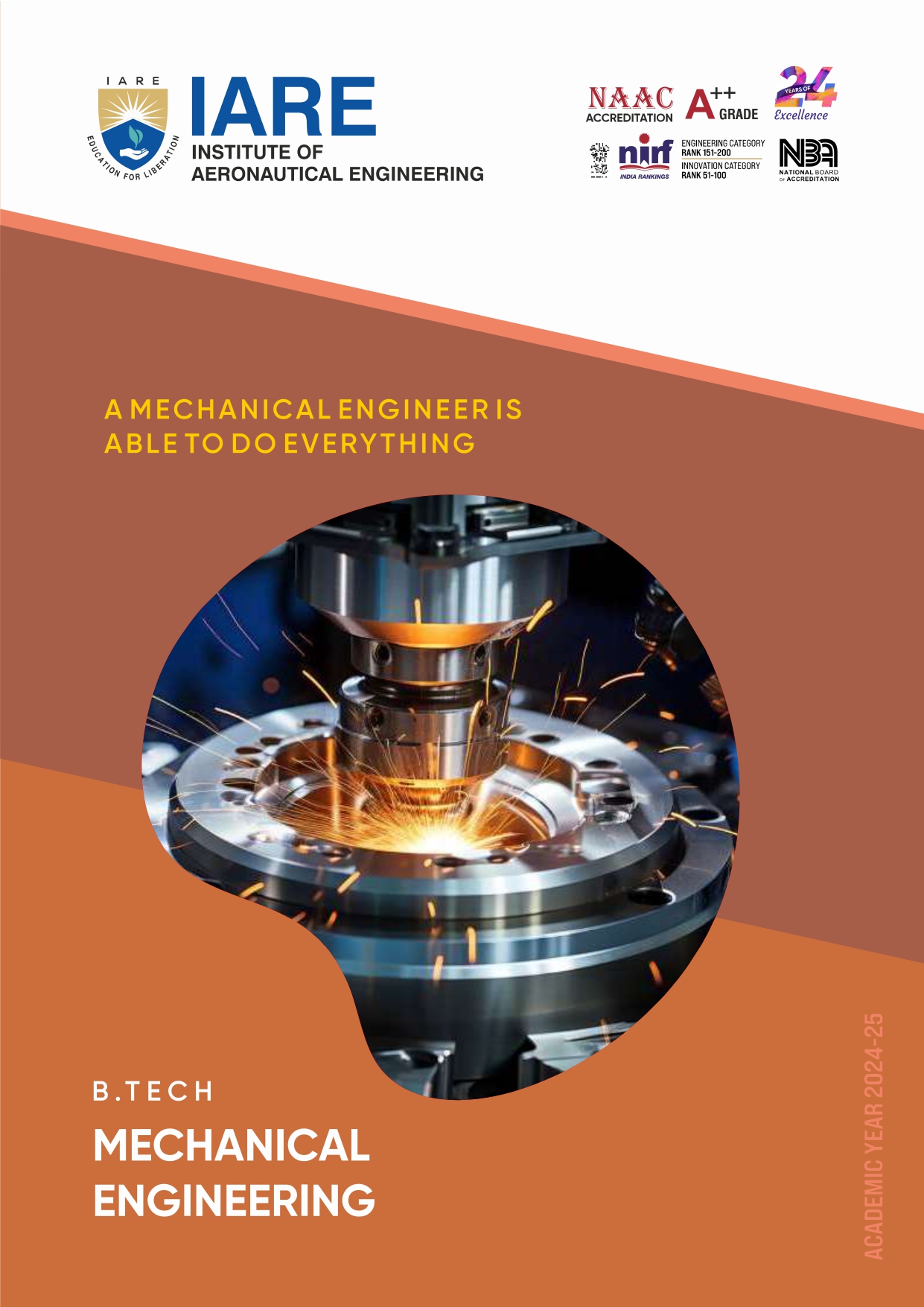
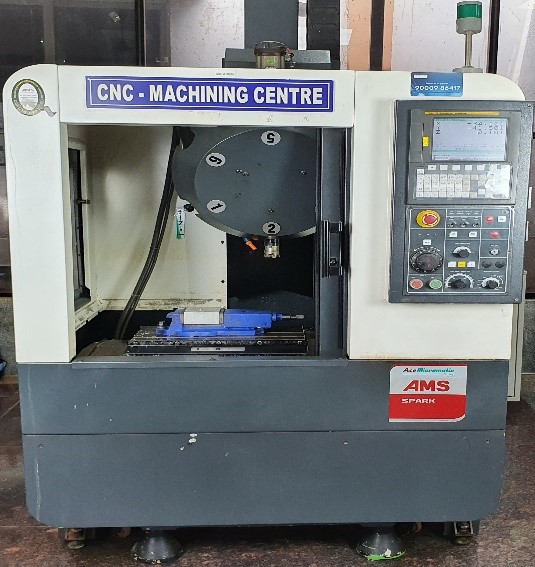
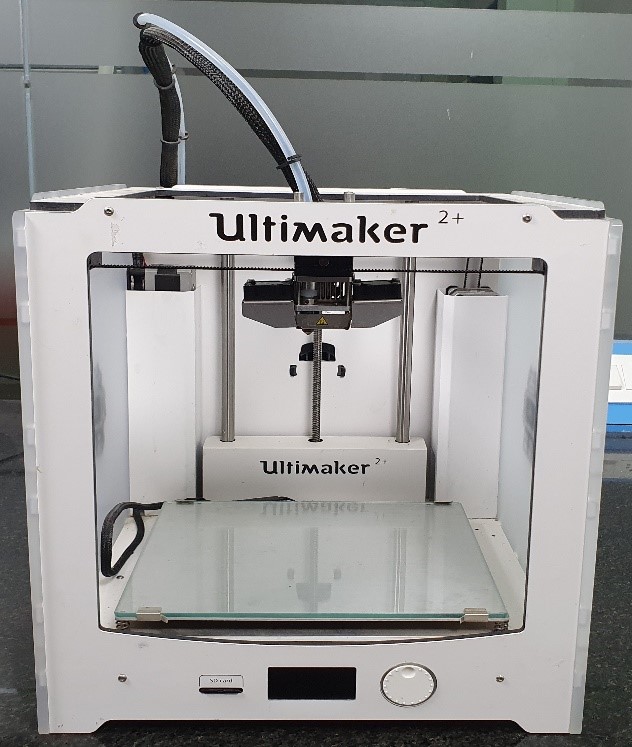
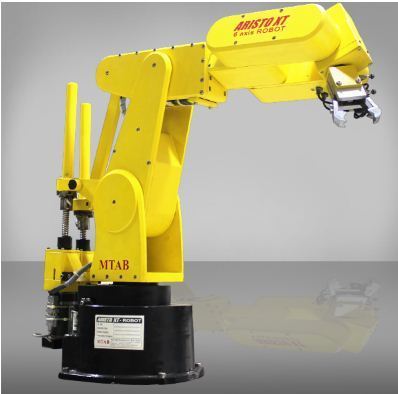
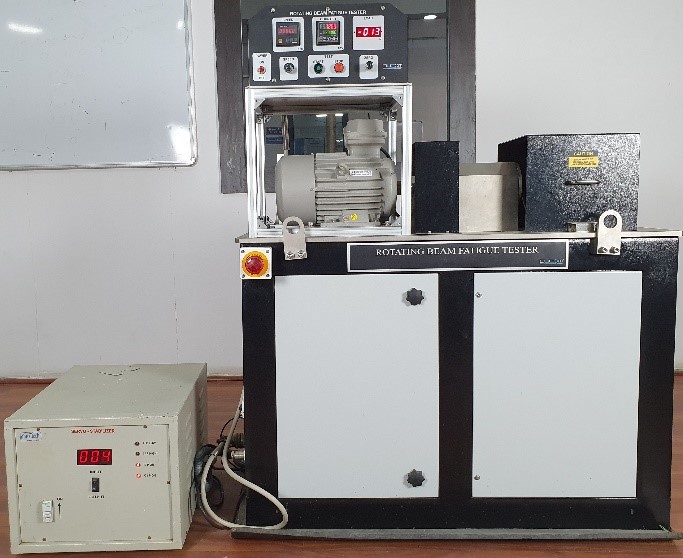
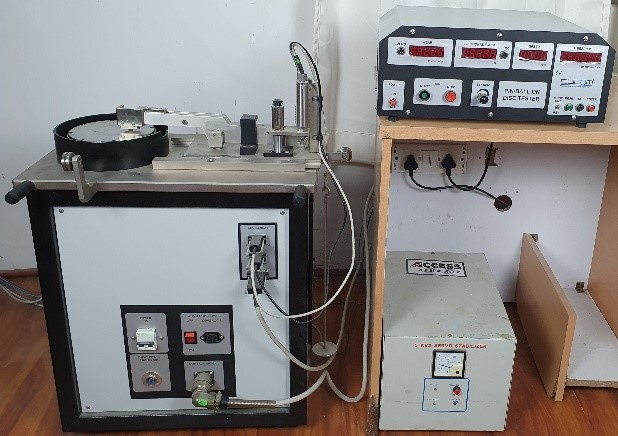
 Research Laboratory Equipment
Research Laboratory Equipment 
 Work with Us
Work with Us Campus Map
Campus Map How to Reach Us
How to Reach Us Online Degree Verification
Online Degree Verification Photo Gallery
Photo Gallery